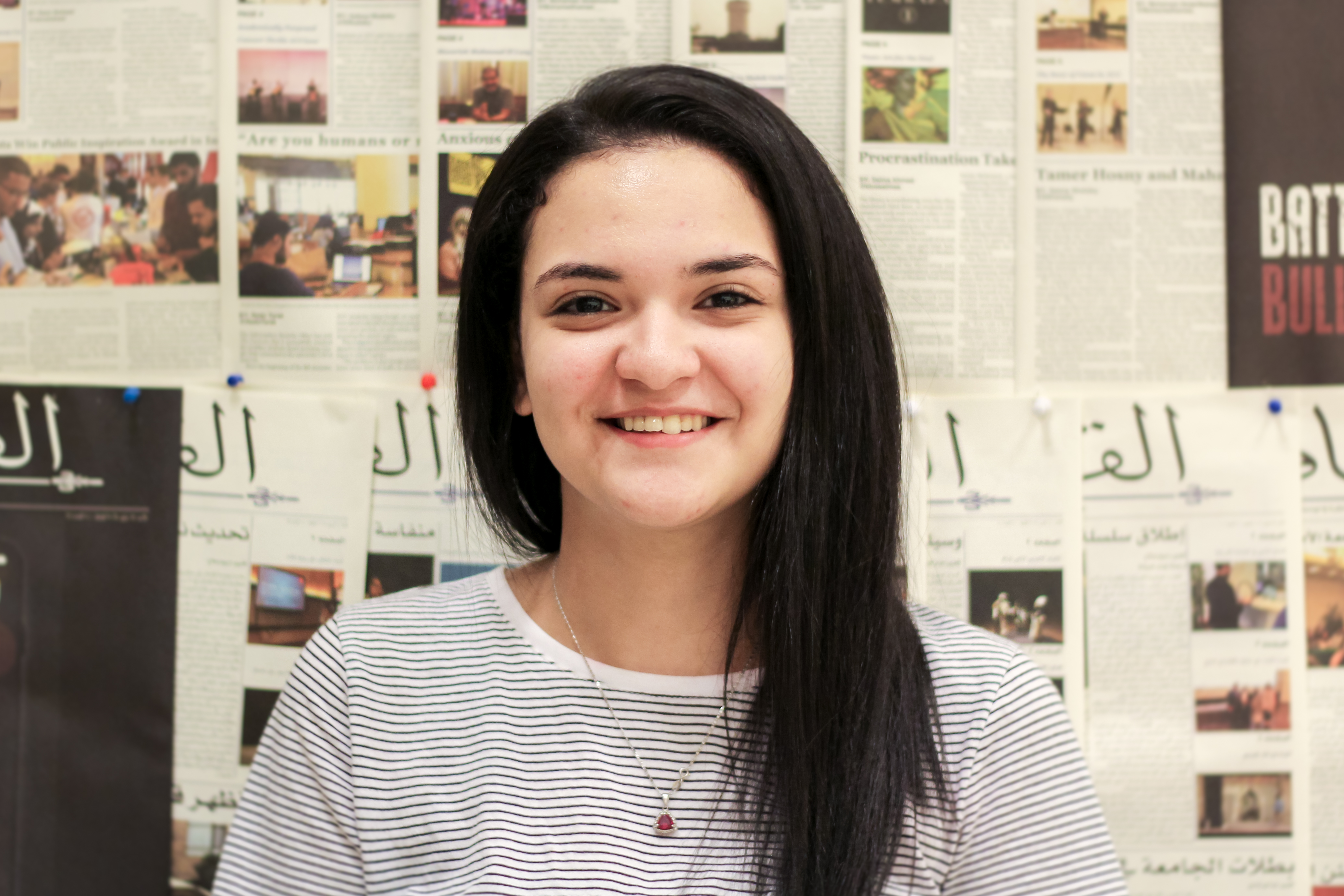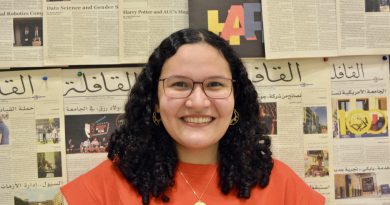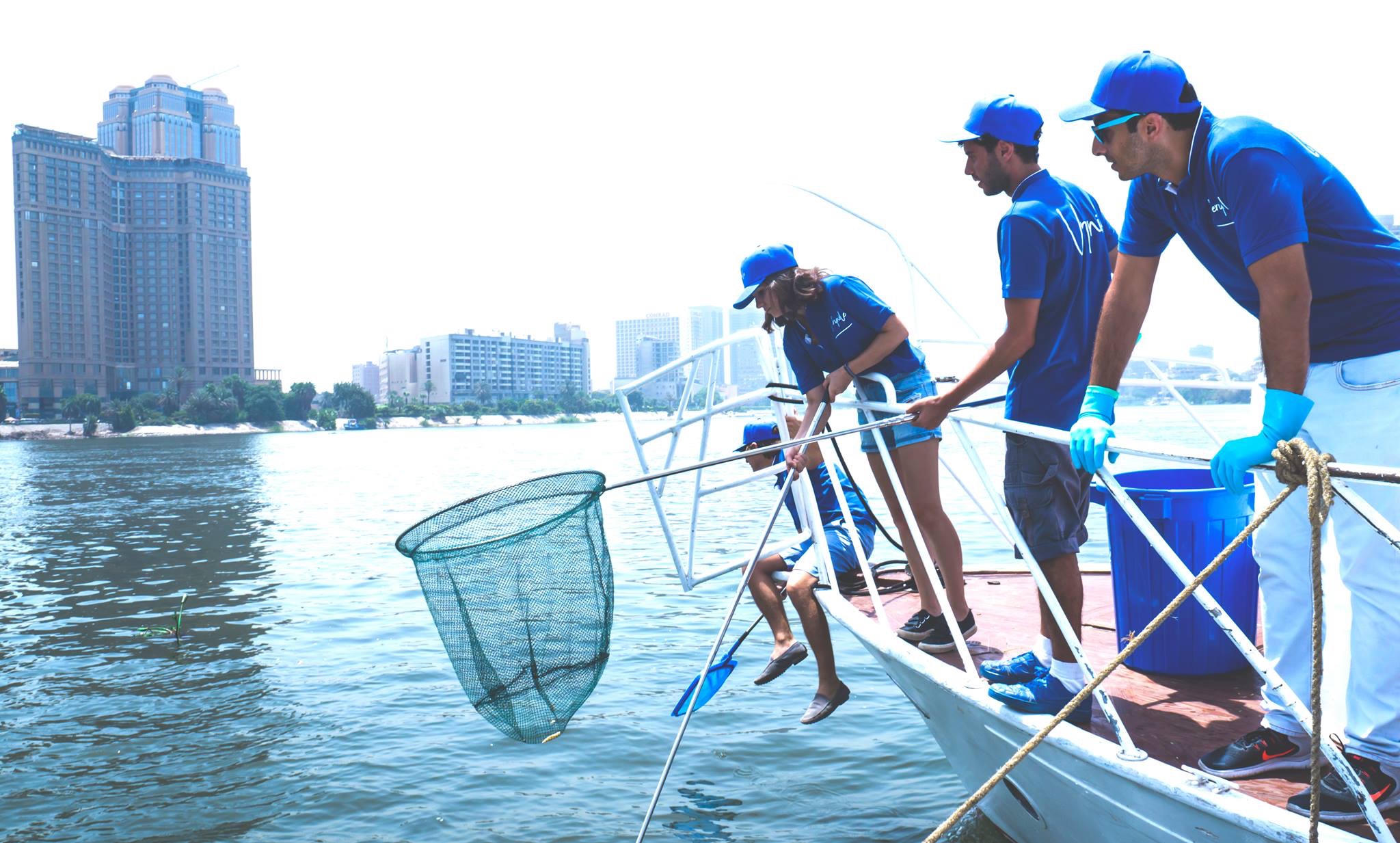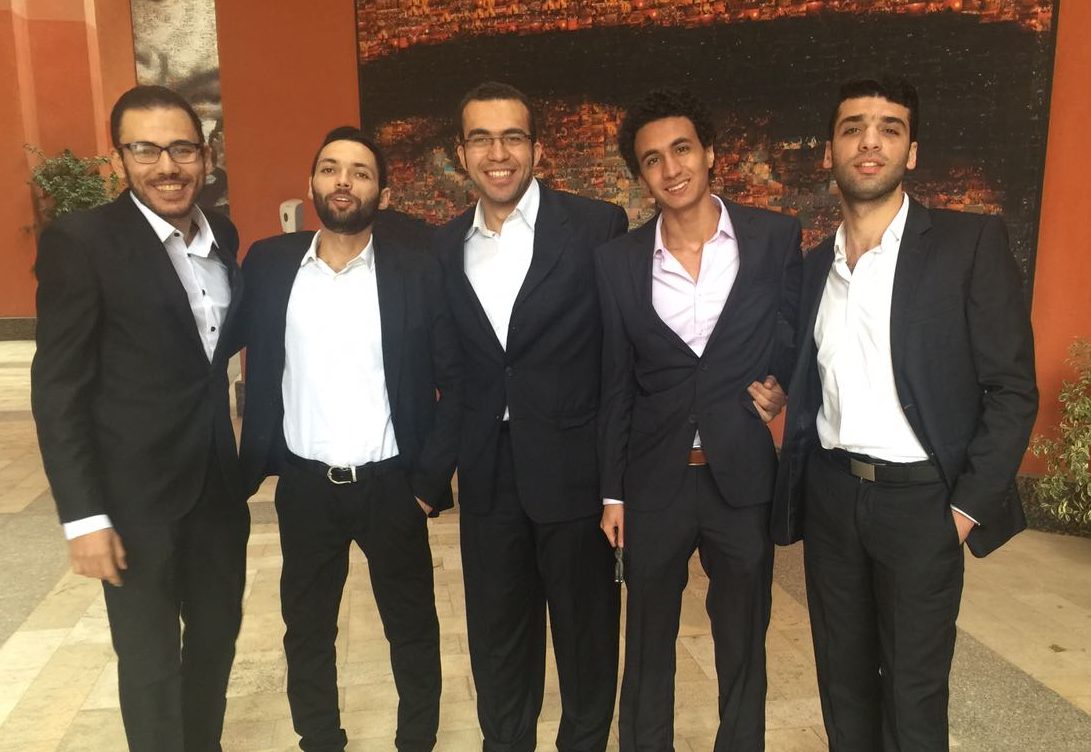No Longer Quiet
By: Eman Kharoshah
Editor-in-Chief
Two years ago, an AUC female student recounted in a post on the Rate AUC Professors Facebook group that she had been allegedly harassed by a student called Ahmed Bassam Zaki. When I first saw his picture, I recognized him quite well. We were in the same Freshman Year Program (FYP) team back in Spring 2017 when I first joined university.
That whole post was a huge topic for a while but was all forgotten about and no one brought it up again.
Until a couple of days ago, when a girl posted on social media how she had allegedly been harassed by Zaki.
That was followed by dozens of girls sharing similar stories of sexual assault.
I was impressed by the power it took for the girls to talk about it because more often than not, girls are silenced either by their family so that their reputation wouldn’t be ruined, or silenced themselves because they’re worried about getting labeled by society.
I was also moved by their strong demand to see justice done. It broke my heart to read all the experiences shared by the AssaultPolice Instagram account, and all I could think about was that I was hurt just by reading what the girls shared.
But I couldn’t even begin to fathom what they went through.
AssaultPolice is an account created on Instagram to gather evidence against Zaki while keeping victim (survivor) identities anonymous.
Harassment is not a new phenomenon in Egyptian society, it has always been there and is, more often than not, ignored.
But now, with recent allegations surfacing and the Public Prosecutor remanding Zaki in jail pending investigation, I don’t think it will be ignored again.
Zaki is more like the straw that broke the camel’s back. All the anger we are filled with right now is not only at Zaki but is also at every single harasser walking freely in society, every single harasser who had the authority to silence a girl and every single harasser who did not actually look like one.
I am angered at everyone who is justifying Zaki’s heinous crimes and the lifetime of scars he left on each girl he harassed or raped. I am annoyed at those who responded to the harassed girls’ posts saying that they [girls] allowed it to happen by going to his place or by wearing revealing clothes.
Blaming and shaming the victim must stop.
Al Azhar issued a statement on July 4 rejecting victim blaming. “Women’s clothing – whatever it may be – is not an excuse for attacking her privacy, freedom and dignity,” the statement read.
Girls are no longer quiet, and I won’t be quiet either.
The recent struggle by women to bring sexual predators to justice has empowered me greatly and enabled me to comprehend the extent to which women living in Egypt suffer.
I am amazed by the power social media has had in helping disenfranchised voices reach everyone while protecting their identity. AssaultPolice are doing a fascinating job bringing their stories to light, and with the number of shares and hashtags used, it reached TV networks last week – several prominent talk show hosts have spoken about Zaki’s sexual assaults and the ongoing investigation.
The National Council of Women has also been swift to action and according to their official Facebook page, they issued a report to the public prosecutor to investigate all the incidents that have been raised on AssaultPolice.
The Council encouraged young women to file reports against “the young man” to receive the punishment he deserves, according to the law. They also said that their office is ready to provide the victims (survivors) with all the necessary assistance and psychological support.
On July 6, the Egyptian Public Prosecution issued an official statement saying that Zaki – who had been arrested two nights prior – confessed to blackmailing six girls using their private photos.
“The public prosecution ensures using all its powers under the law to battle this crime. It refuses to assign any blame on victims by considering them contributors to the act, nor does it justify the crime,” the statement said.
I was more than astonished by how far it went. The support the victims received from social media almost changed their lives and empowered them more than ever.
This made me realize that when it comes to social media, we are all powerful, we can all voice our opinions and help raise awareness regarding issues of dire importance.
In the virtual campus conversation on July 9, AUC President Francis Ricciardone talked about harassment, not only as the president of AUC but also as the father of two daughters.
He acknowledged the issue of harassment saying that institutions of higher education everywhere, including AUC, “are not immune to this problem”.
Ricciardone added that he wants AUC students to know that if they experienced harassment of any kind, especially sexual harassment, they have rights, options and “an obligation to report it”.
“We need to train managers, faculty members, staff on these policies and what to do when they see it or experience it.”
Choosing to stay quiet won’t help anyone, but talking about it openly definitely will. Magic truly happens when we stand up for what we believe in.
So, here it is to anyone being harassed and is afraid to talk about it, don’t be.
Women in Egypt have been taught that if they speak up in public about being harassed or raped, they would then ruin their reputation along with their family’s, but I would like to say that it’s not your reputation that will be ruined, it’s the harasser’s or the rapist’s.
Be silent no more.




